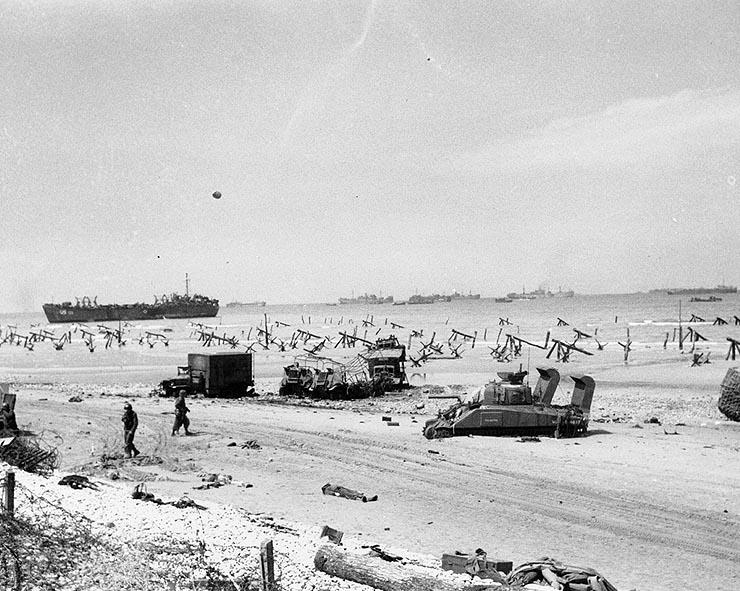
***
This new little article, by Jeffrey Mark Bradshaw, appeared today on the website of the Interpreter Foundation:
““The Book Nobody Wants”: Hugh Nibley and the Book of Mormon”
You might also enjoy these newly posted videos:
“What Was Hugh Nibley Thinking About When He Landed His Jeep on the Beach on D-Day?” (video, roughly five and a half minutes)
“A Conversation about Hugh Nibley with Jack Welch (short)” (video, roughly six and a half minutes)
“A Conversation about Hugh Nibley with Jack Welch (complete)” (video, roughly sixty minutes)
***
And there’s this, too:
Interpreter Radio Show — March 21, 2021
The 21 March 2021 broadcast of the Interpreter Radio Show was hosted by Bruce Webster, Kris Frederickson, and Mike Parker. In this episode, our intrepid hosts discussed the upcoming General Conference as well as renovations to Utah’s pioneer-era temples. The first portion of the show was devoted to a roundtable discussing the upcoming Come Follow Me lesson #18 (D&C 45). The Interpreter Radio Show can be heard Sunday evenings from 7 to 9 PM (MDT), on K-TALK, AM 1640, or you can listen live on the Internet at ktalkmedia.com.
***
My friend Jim Allen shared a passage with me the other day from Louis Gottschalk, Understanding History. I like it a lot:
The past, having happened, has perished forever with only occasional traces. To begin with, although the absolute number of historical writings is staggering, only a small part of what happened in the past was ever observed. A moment’s reflection is sufficient to establish that fact. How much, for example, of what you do, say, or think has ever observed by anyone–including yourself? Multiply your unobserved actions, thoughts, words and physiological processes by 2,000,000,000 and you’ll get a rough estimate of the amount of unobserved happenings that go on in the world all the time. And only a part of what was observed in the past was remembered by those who observed it; only a part of what was remembered was recorded; only part of what was recorded has survived; only a part of what has survived has come to a historian’s attention; only a part of what has come to their attention is credible; only a part of what is credible has been grasped; and only part of what has been grasped can be expanded or narrated by the historian. The whole history of the past (what has been called history-as-actuality) can be known to him only through the surviving record of it (history-as-record), and most of history-as-record is only the surviving part of the recorded part of the remembered part of the observed part of that whole. (pp. 45-46)











